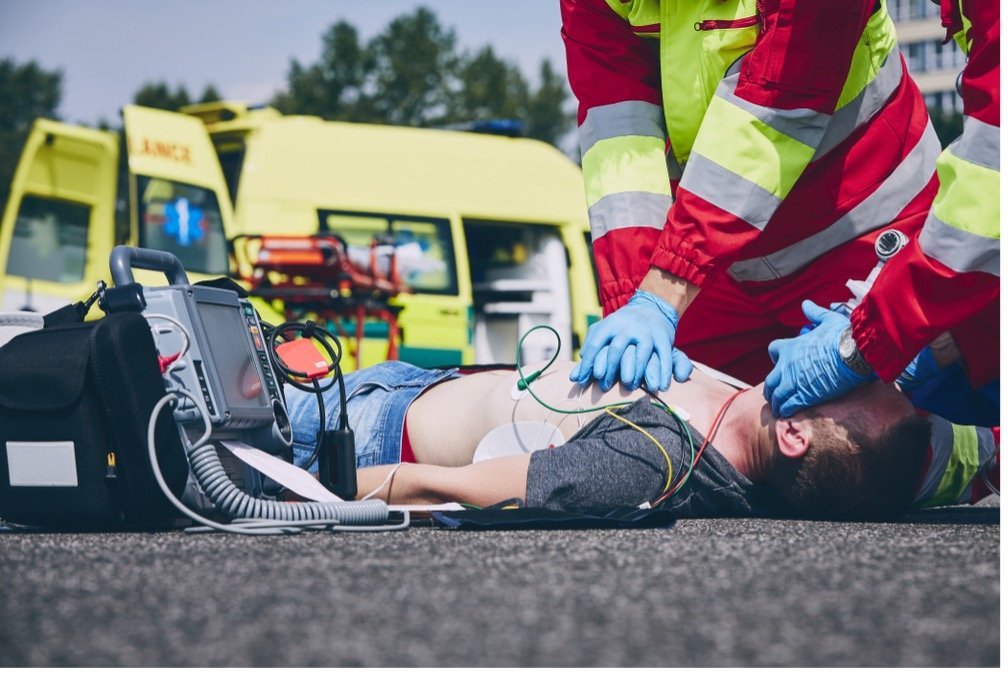
Critical Incidents
Fire & EMS
First responders, such as those in the Fire and EMS service, are frequently exposed to dramatic and distressing incidents in their line of duty. While news broadcasts often show graphic scenes from horrific events, the emotional and psychological impact on even the most resilient first responders is less frequently highlighted.
The following are examples of critical incidents that can profoundly affect personnel in the Fire and EMS service:
Line of Duty Death (LODD)
Serious injury of a colleague
Unexpected death of a co-worker
Sudden death of a patient
Witnessing particularly gruesome scenes
Encountering dismemberment or significant blood loss
Dealing with severely burned patients
Incidents involving critically ill or injured young children
Suicide of a colleague or patient
Murder/suicide situations
Assaults on oneself or colleagues
Threats of violence towards first responders
Patient injuries due to departmental operations
Patient death attributed to clinical errors
Major medical equipment failures
Operating in hazardous conditions (biological, radiological, chemical, fire, explosive)
Extended exposure to death and dying
Encounters with intense sensory triggers (e.g., the smell of blood or decomposition)
Knowing the victim personally
Feeling a personal connection with the victim
Victims resembling themselves or loved ones
Handling multiple casualty incidents
Confronting several traumatic events in a short time span
Unsuccessful prolonged resuscitation efforts
Managing interactions with distressed and demanding family members
Any situation that impairs or could impair the functioning of one or more individuals
These critical incidents underscore the need for robust support systems and interventions to help first responders cope with the unique challenges of their profession. If there's uncertainty about exposure to a critical incident, it is recommended to seek a consultation with Dr. Brown. He can assist in evaluating the incident and advising on an appropriate response.